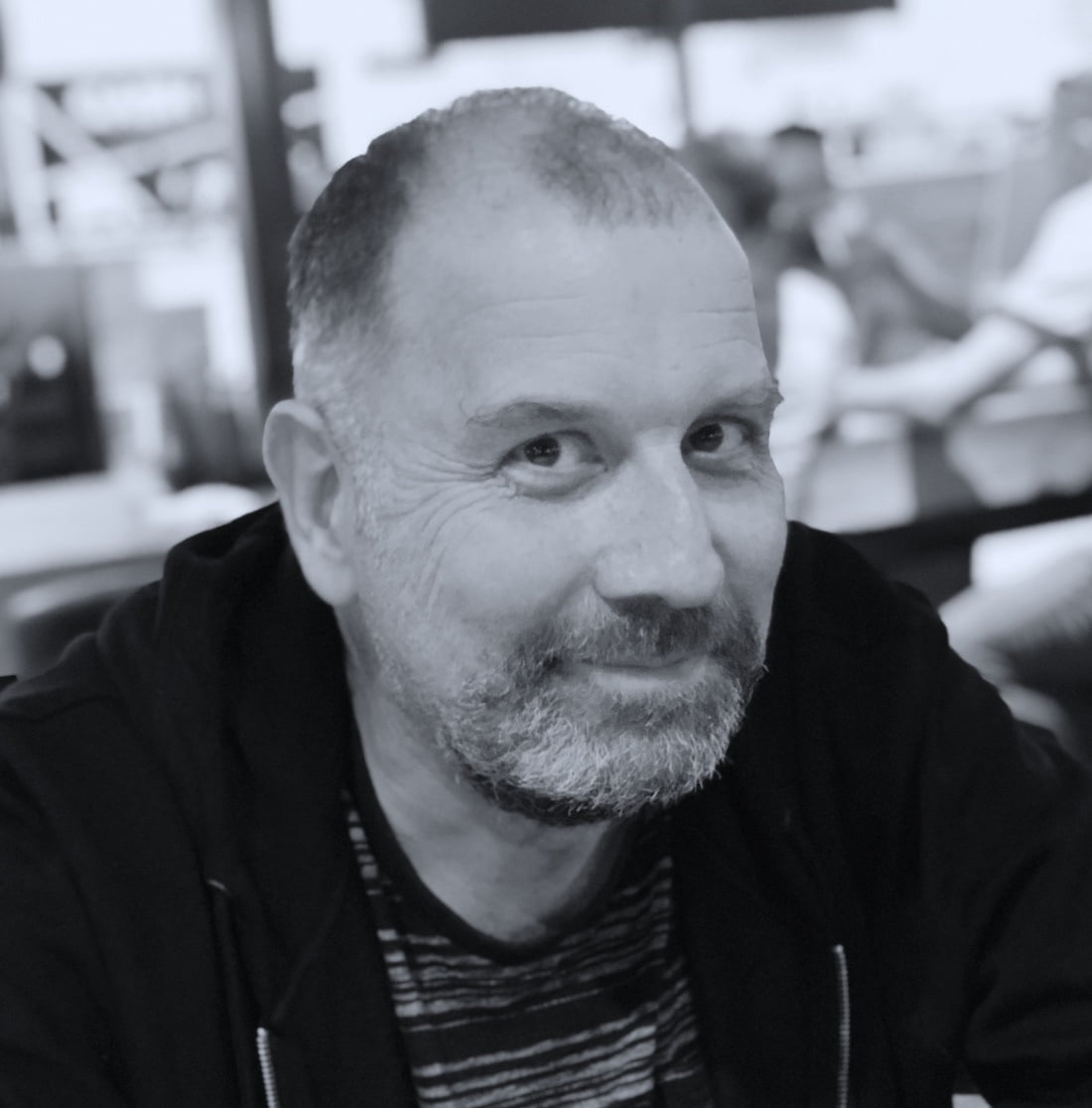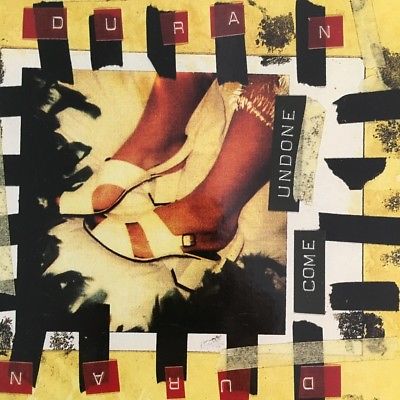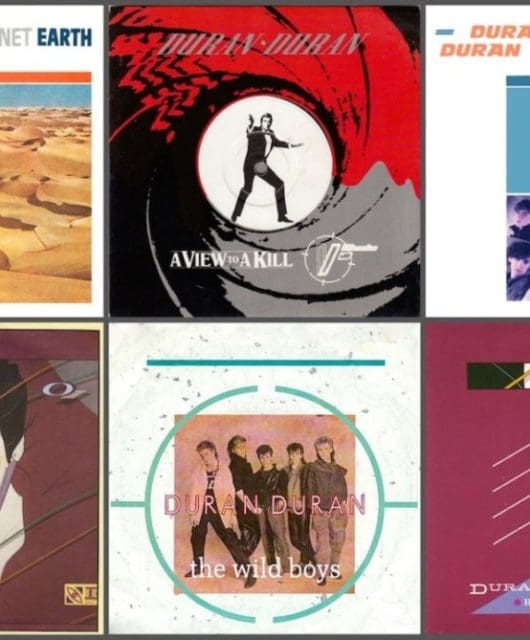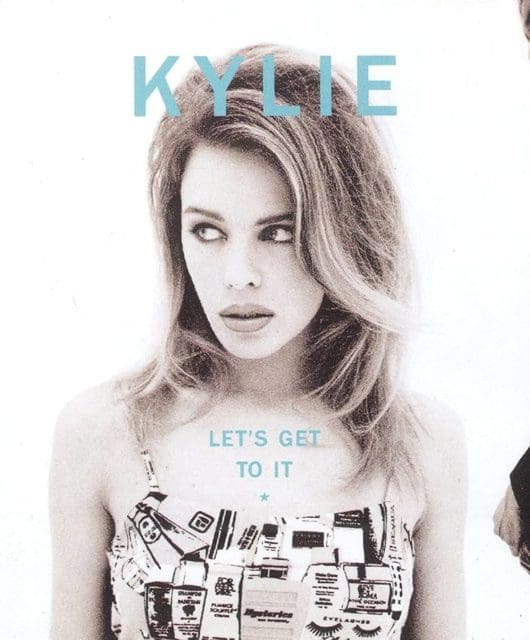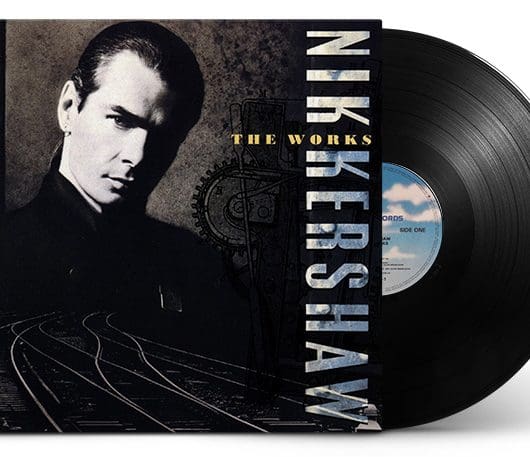The Pet Shop Boys’ ‘Imperial Phase’
By Andy Jones | July 3, 2024
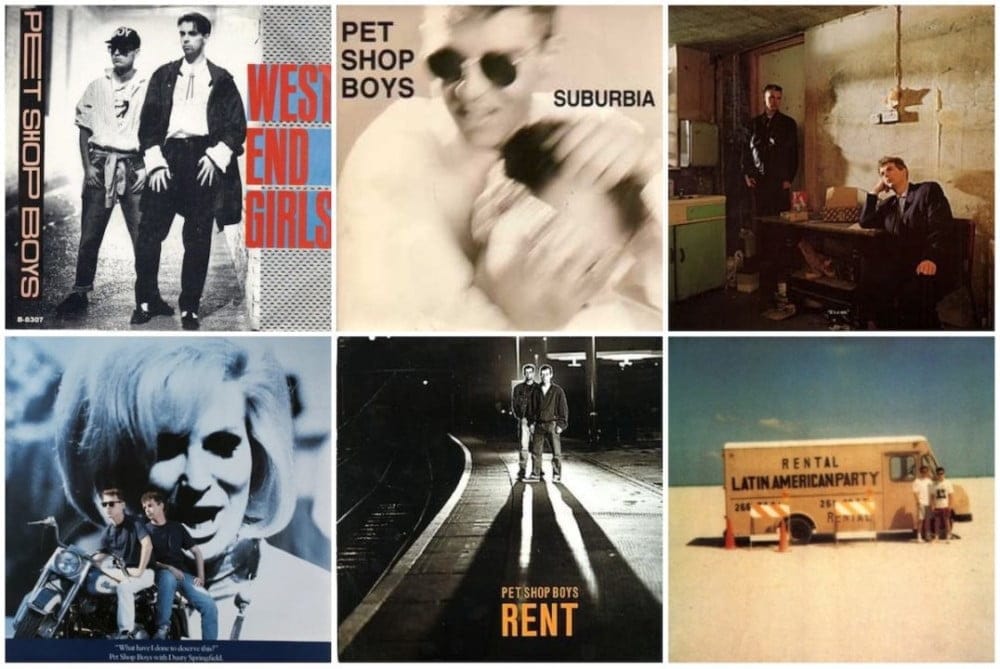
From mixing Wham! fans in West End Girls through Neil realising he could sing to being terrified of Dusty, and recording three No.1s in a year, here’s the oft-untold studio story of the Pet Shop Boys’ ‘Imperial Phase’.
It was the decade that sealed the deal for the Pet Shop Boys. During the 80s they met one another, grappled with burgeoning studio technology, made sounds not heard before, and wrote songs to be heard forever. It also contained what Neil would label the band’s ‘Imperial Phase’, a string of chart No.1 singles started by It’s A Sin and ended with Heart.
This is the story of how those and the recordings leading up to them came together – sometimes after one or two false starts – and often told by the people who worked with the band in the studio. It was an incredible time when the recording technology opened up to all, but no-one grabbed the resulting opportunities quite like the Pet Shop Boys.

Let’s Make Lots Of Money
But before we get to that key time, we must cover the studio ground that led up to it. Pet Shop Boys had the songs and the direction nailed pretty early on in their career; it was getting them down on record that would initially prove hard, especially so with debut single West End Girls. It was written in 1983 during what can only be called a rich period of writing for Chris and Neil, one that also resulted in (at least) Rent, It’s A Sin and Love Comes Quickly.
The duo went to Unique Studios in New York to record West End Girls and other tracks including Opportunities (Let’s Make Lots Of Money) with the producer Bobby O. As life changing as this experience turned out to be – see our boxout for more – the resulting version of West End Girls failed to dent the charts. But while the duo hadn’t expected overnight success, they had come around to the idea and weren’t going to give it up that easily.
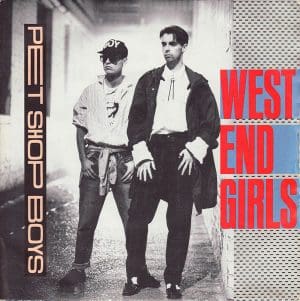
Carry On Regardless
“We were prepared to pursue the fantasy,” Tennant told The Daily Telegraph in 2018. “I could have gone back to journalism, Chris could have become an architect,” with Chris Lowe adding, “But being us, we just carried on regardless.”
After equally unsuccessful chart outings for One More Chance and a second very costly version of Opportunities (re-recorded with Art Of Noise’s JJ Jeczalik), the pressure was on for the duo to recoup some of that outlay with their fourth single. Or actually a remake of their first, because that next release was a Stephen Hague-produced and re-recorded version of West End Girls.
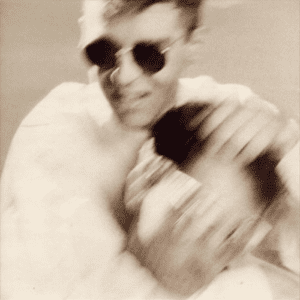
West End Success
The new recording took place at Advision Studios in London. Founded in the 1960s, Human League producer Martin Rushent started out his career there, and many artists used the studio including Kate Bush, David Bowie, Queen, Wham! and Elton John. It would also be a key recording space for all three Pet Shop Boys albums released during the 1980s.
“We met a couple of times but I wasn’t too thrilled with their material,” producer Stephen Hague recalled in a 1988 Music Technology magazine interview of meeting the duo. “I did like West End Girls because it seemed as though Neil was born to sing it. I also liked them personally, so when EMI secured the rights, we began work on West End Girls. With the band’s blessing, I started to change the track. I wanted to slow it down, change the bar structure, and tidy up some lyrics.”
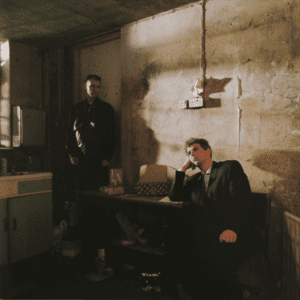
Sound On The Street
According to the studio’s engineer David Jacobs in a 1986 International Musician & Recording World interview, “Neil, Chris and Steven knew pretty well what they wanted to do with the song before going into the studio.”
It was a totally synthetic track, he revealed, with just one real instrument – a cymbal – four basic rhythms, and on Hague’s insistence, everything played by hand, nothing programmed.
Incredibly, the realistic ‘trumpet’ was Hague playing an Emulator sampler, but the best West End Girls ‘fact’ comes via the traffic noise in the intro which Hague recorded to give the track its ‘West End’ feel.
“Just across the road is Wham!’s office,” Jacobs said, “and there were dozens of young girls milling around when Steve was recording. Steve looks a bit like Sting and so you can hear on the tape the girls shouting, ‘It’s Sting!’ Also, one of them was singing Careless Whisper, which coincidentally was perfectly in tune with the track; so you can hear that too at the beginning, just before the drums.”
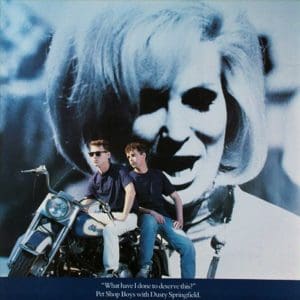
The Imperial Phase
West End Girls was hugely successful after potentially being the final roll of the PSB dice, and helped lift further singles from debut album Please into the charts, including Love Comes Quickly, Suburbia, and a ‘third time lucky’ Hague re-recording of Opportunities (Let’s Make Lots Of Money). But it would be the duo’s next album that would see them go stratospheric.
“We had three No.1s, almost in a row, in the space of a year,” Tennant told Mojo in 2023 of 1987’s second PSB album, Actually. “I remember being astonished, and that was the first point where I felt there was a commercial pressure [thinking] ‘It’s become a different Pet Shop Boys, with It’s A Sin.”
Amazingly this song was another one of the early goldmine tracks the duo had penned four years earlier. The song was written about Catholic guilt – something Tennant claimed he never suffered from – in a studio in Camden where many early PSB classics were written. Chris started the process off, with Neil quickly adding the famous lyrics and later claimed that the song was finished in 15 minutes, one of the most productive quarter hours in recording history.
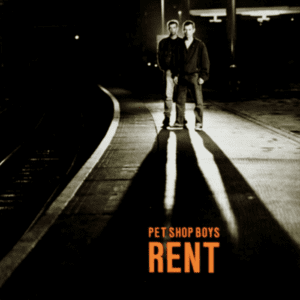
Camp Rock
It was also another early recording made with Bobby O, but had not made it onto Please as they didn’t think it worthy. A re-recorded, Julian Mendelsohn-produced version was done for Actually, designed to be more over the top than any previous PSB track. It was very much influenced by the Trevor Horn productions of the time, not least because it featured the then all-new Horn-favourite Fairlight sampling technology. “All those deep, heavy parts are Fairlight samples,” programmer Andy Richards told The Polymath Perspective in 2011, “as are all those big sound effects at the beginning. It was either stuff I’d sampled, collected over time, or stuff from the Fairlight library.”
The track certainly stands tall and gave PSB a pomp and an over-the-top reputation that they have not always felt comfortable with. Tennant told Mojo: “People think there’s only one thing that you do, and that thing is the It’s A Sin thing. Actually, if you go to the whole catalogue, there’s not many songs like it, really.” But he did go on to rather celebrate the Hi-NRG, camp rock sound in a latter interview with the FT in 2021 saying: “You could do a medley of It’s A Sin with The Final Countdown by Europe.”
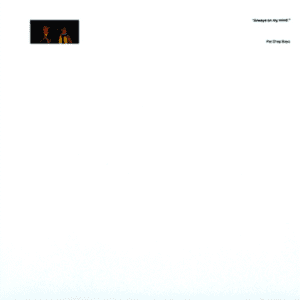
Dusty Terror
While the second Actually single What Have I Done To Deserve This? wasn’t one of the three No.1 hits, it certainly deserved to be one, sealing the band’s long-term success in a glorious duet with Dusty Springfield. Neil and Chris had written the song with Allee Willis (who co-wrote the Friends theme – I’ll Be There For You – and the track Boogie Wonderland), but it required a vocalist. Having been huge fans of Dusty – and after a lot of persuading – they drafted her in to do the song, but with some trepidation.
“We felt slightly terrified,” Neil Tennant told The Daily Telegraph in February 2018, adding that they were worried she “had turned into this figure of almost mythical problems. Dusty was assumed to be a nightmare on a personal level. Couldn’t sing any more. Probably some sort of drug addict. Whispers of sexuality, which was regarded as a problem.”
What Have I Done To Deserve This?
However, all his fears were quickly laid to rest. “We were sitting at the entrance of Advision Studios, and suddenly the door swung open and in came Dusty wearing high heel boots and black leather. But the minute she walked in she was really sweet. And it was immediately evident she could sing as well as ever.”
Although not that immediately, according to another version of events. The duo had to leave Advision and go to Newcastle to appear on UK music show The Tube, but on their return a couple of days later, Springfield had completed the majority of the vocals, with huge relief all around. And even though Dusty’s process was to record word by word rather than whole phrases, producer Stephen Hague gave it the thumbs up, and the end result catapulted PSB to No.2 in both the UK and US charts, helping to resurrect Dusty’s recording career along the way.
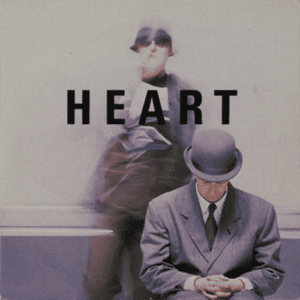
Single Life
It’s hard to imagine PSB deliberately ever toning down the kilowatts, but the next single from Actually, Rent, was originally deemed too Hi-NRG, with the album already chock full of similar up-tempo tracks. Andy Richards, who co-produced later No.1 Heart on the album, suggested simply reducing the tempo by half and that’s what was recorded.
Always On My Mind, the second of the band’s No.1 trio – not initially on Actually, but later on third album Introspective – was, of course, an Elvis tribute, and PSB were asked to perform it for a TV show, Love Me Tender, for the 10th anniversary of Presley’s death. The duo released the track by popular demand and it was backed by a house mix from Phil Harding and Ian Curnow.
Harding recalled to a Sound Training College event in 2020 that Neil wasn’t a huge house fan, but came around to the genre during the remixing session, even to the point of changing a lyric: “Halfway through the session, Neil decided to have a slight concession to house [music] with a section in the middle. I said, ‘How are we going to introduce that?’ and he said, ‘Set me up a mic’ and he sang ‘always in my house’ instead.”
It was a sound decision with that mix helping the track and the duo gain a big foot into clubland and reach another No.1.

Heart Beat
Released as a single in March 1988, Heart is seen as the lesser of the three chart-toppers. Neil and Chris originally talked about offering the song to Hazell Dean, before considering it as number for Madonna, but the duo thought it too poppy to even bother presenting to her, and decided instead to record it themselves with producer Shep Pettibone.
It was later re-recorded with Richards and became a surprise – for the band anyway – third No.1. “It had a big hook at the front,” producer Richards remembered The Polymath Perspective. “That was a mixture of Neil Tennant’s voice, a sample of Pavarotti and Wendy Smith from Prefab Sprout. The track ended up at No.1 for three weeks. In those days they could do no wrong!”
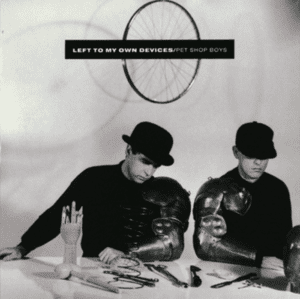
End Of An Era
The next Pet Shop Boys single, Domino Dancing, was regarded by Tennant as the end of the band’s Imperial Phase, a time that peaked between June 1987 and March 1988 where the duo had scored three No.1 hits (and a No.2) out of five single releases in the UK. That said, Domino Dancing, Left To My Own Devices and It’s Alright from third album Introspective would still all reach the UK Top 10, and the album itself – complete with its unusually small number of unusually long tracks – would also end up a world best-seller.
But the sure-fire No.1 hit period was now over and the Pet Shop Boys haven’t hit the top spot since Heart, so in that sense Tennant was correct. But the musical landscape shifted so much after 1988 – the dance music scene in which the band had at least one foot exploded, and Britpop came, saw and conquered – that no band could guarantee any more top chart placements.
You wonder whether the duo would have opted for a couple more No.1s or chosen another four decades of solid chart placements instead. Either way, the Pet Shop Boys’ career is one few bands have matched. You can even argue that the whole 40 years has been one long imperious phase.
To visit the PSB website click here
Want more PSB? Order Classic Pop Presents: Pet Shop Boys Volume 2 here
Read More: Complete Guide To Pet Shop Boys albums
